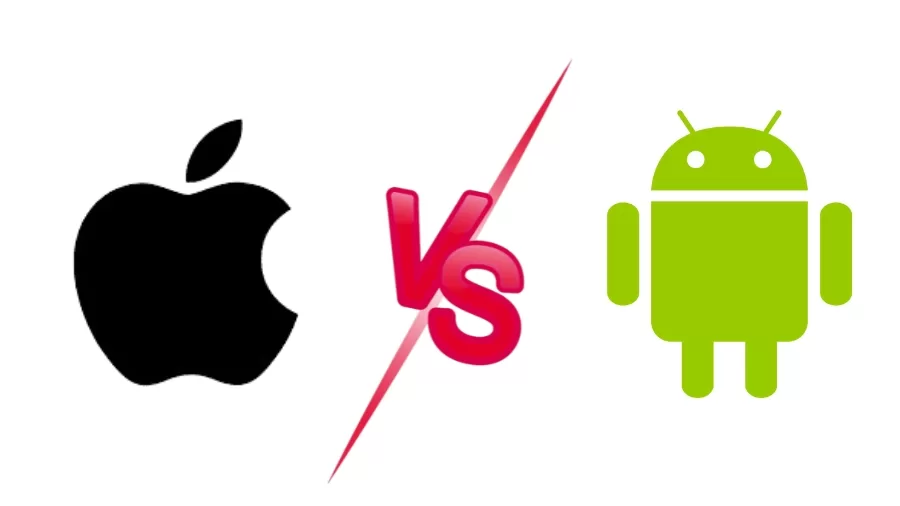Technology
Apple vs Android: Why the iPhone is Losing Ground

- The global smartphone market is expected to recover in 2024, with shipments rising by 6.2%, but Apple faces stronger competition from Android in emerging markets.
- While Apple is projected to regain momentum by 2025, the growth of affordable Android devices with AI features will continue to reshape the competitive landscape.
A new study predicts the smartphone market will bounce back in 2024 after two years of significant declines. IDC forecasts global smartphone shipments to rise by 6.2%, reaching 1.24 billion units, driven by pent-up demand for device upgrades, signalling a strong recovery in the industry.
Apple Faces Increased Competition in Key Markets
As the smartphone market rebounds, Apple’s iPhone is encountering intensified competition, particularly from Android devices. Despite being a premium product with an average selling price above $1,000, the iPhone is losing ground in key markets like China, the United States, and Europe.
Android Dominates in Emerging Markets
Android smartphones, especially budget-friendly models, are seeing rapid growth in emerging markets. Devices running on Android are capturing a significant market share in regions such as Asia (excluding Japan and China), Latin America, and the Middle East and Africa, with a projected growth rate of 7.6% this year. In comparison, Apple’s iOS shipments are expected to grow by just 0.4% in 2024.
Challenges for Apple in Mature Markets
While Apple has gained ground in emerging markets like India, it faces growing challenges in mature markets where Android smartphones are becoming increasingly competitive in both features and pricing. To retain its premium status, Apple must continue to innovate and offer new features as Android rivals narrow the gap.
Looking Ahead: A Positive Outlook for Apple in 2025
IDC forecasts that Apple will regain some market share by 2025, with iOS expected to grow by 3.1%, outpacing Android’s 1.7% growth. However, while this recovery is promising, it remains modest compared to Android’s rapid expansion, indicating that the smartphone market will remain highly competitive.
The Impact of AI on the Future of Smartphones
Generative AI (GenAI) is emerging as a key focus for smartphone manufacturers, with the potential to revolutionise user experiences. However, it has not yet significantly influenced consumer purchasing decisions or sparked the expected “super cycle” of upgrades. While IDC predicts that by 2028, GenAI features will account for 70% of the smartphone market, their current impact is largely confined to high-end models.
The Growing Popularity of Affordable and Pre-Owned Smartphones
The smartphone market is being shaped by the increasing demand for budget-friendly Android devices and the growing popularity of secondhand phones. As smartphone adoption plateaus in many regions and people keep their devices longer, the need for affordable smartphones continues to rise. To stay competitive, manufacturers must adapt by offering innovative, value-driven products.
Innovation and Adaptation Are Crucial for Market Leaders
As the smartphone market recovers, Apple faces intense competition from Android devices, particularly in the budget and mid-range segments. To maintain its market leadership, Apple must keep innovating and differentiating its products. With the rise of AI and other emerging technologies, smartphone manufacturers will need to find new ways to engage customers and stay competitive in an ever-evolving industry.






















































